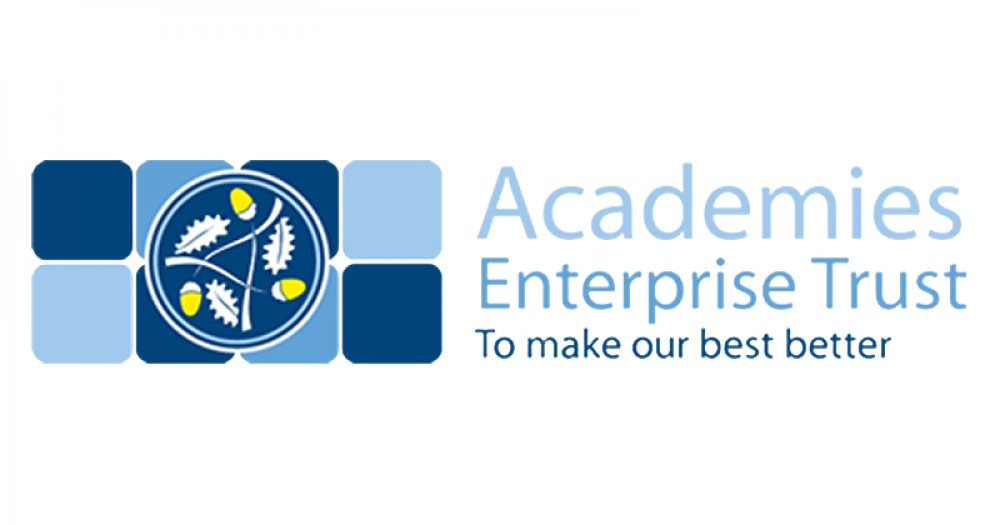The largest multi-academy trust in the country is in talks to take on new schools for the first time since it was placed on a “pause list” in 2013.
The Academies Enterprise Trust says it is in “active discussions” with the Department for Education to absorb more primary schools in future.
The DfE confirmed talks are taking place but said the trust was still on a “pause list” which limits an academy chain from taking over other schools.
AET was, however, allowed to take on schools rated as ‘good’ or better on a case-by-case basis, the DfE spokesperson said.
There has been a change in management at the trust in which Julian Drinkall became chief executive last November. The group also replaced its trustees and management board.
Launched in 2008, AET initially only sponsored three schools, but expanded rapidly in the early 2010s, sponsoring 30 schools in 2011, and 76 in 2012.
In 2013, amid concerns the trust had expanded too quickly, the government placed it on a pause list, banning future expansion until the fears were addressed.
The following year, the trust faced criticism from Ofsted, and was handed a financial notice to improve by the Education Funding Agency.
Three years on, the trust says its fortunes have taken a turn for the better, and it is now ready to take on more schools.
“This year has been a period of significant improvement for AET,” a spokesperson told Schools Week. “The financial notice to improve has been lifted, a new management board is in place under the leadership of the new chief executive, and the board of trustees has been overhauled.”
He added that “real improvement in performance” was emerging across AET’s schools, especially in the primary sector.
“As such, we are now in active discussions with the DfE exploring growing the number of primary schools in the trust, focusing on areas where it makes sense to do so,” he said.
However, the DfE said the trust “remains on pause and is not allowed to sponsor any more schools unless exceptional circumstances arise”.
The chequered past of AET
Ofsted’s initial criticism of AET back in August 2014 focused on its failure to provide effective support for its schools. Inspectors said the “rapid expansion”, together with a lack of strategic leadership, had “hindered improvement”.
Two months later, the trust was issued with a financial notice to improve by the EFA. This required it to provide an action plan explaining, for example, how it would ensure future oversight of its financial position was effective, and how future deficits would be avoided.
AET gave up eight of its schools between December 2014 and April 2015, claiming they were “geographically isolated” from the main bulk.
Another focused inspection of AET’s academies by Ofsted in November 2015 found the trust was “failing too many pupils”.
And in May 2016, its vice-chair Ian Foster stood down alongside five other trustees, forcing then-group chief executive Ian Comfort to admit that having only four trustees in place would make it “very difficult” for the AET to continue its audit and risk and remuneration committees.
In November 2016, Comfort announced he would also be leaving after four years with AET, to “move on to other challenges”.
AET was stripped of two more schools in June this year, rebrokering Everest Community Academy in Basingstoke, and Cordeaux Academy in Lincolnshire, after hinting that it might be looking to expand again.
Despite this, the trust’s financial notice to improve was lifted in July, after the ESFA found AET had met all of its conditions.
Kevin Courtney, the joint general secretary of the National Education Union, said it was “preposterous” to allow the trust to expand again, especially as it was rebrokering schools just months ago.
“The news that AET is to be allowed to expand again is unsurprising given the government’s obsession with the academy model, despite a recent spate of high profile academy trust failures,” he said.
“It is preposterous that at the same time as some schools are being removed from AET they are being told they can take over others. The money being wasted on turning more schools into sponsored academies would be better spent investing in schools and in teachers.”
AET currently runs 64 academies: 29 secondary academies, 32 primary academies and five special academies.







ESFA should read recent Ofsted reports before handing over more schools to AET. The ones for 2017 are mixed.
AET provided ‘effective support’ to Four Dwelling Primary and judged it Good in May.
Short inspection of The Ridge Academy in May maintained the previous Good inspection. Inspectors said ‘Leaders from the Academies Enterprise Trust provide strong support…’
The report for Sandown Bay Academy in May judged the academy Inadequate. Inspectors said staff had lost confidence in AET and the Trust’s governance arrangements ‘mean that pupils have been let down in the quality of education they receive for too long.’
Kingsley Academy was judged RI in June 2017 despite leadership and management being judged good. Inspectors found AET had provided ‘appropriately focused level of support’.
Inspectors judged Hillsview Academy Inadequate in May. Inspectors recognised AET provided additional help in the academic year but hadn’t ensured this was precisely targeted. Pupil progress was judged inadequate, attendance remained too low and behaviour remained poor. Safeguarding was Inadequate.
AET academies still remain wide apart – from Isle of Wight up to Middlesbrough. So much for ‘geographical isolation’.